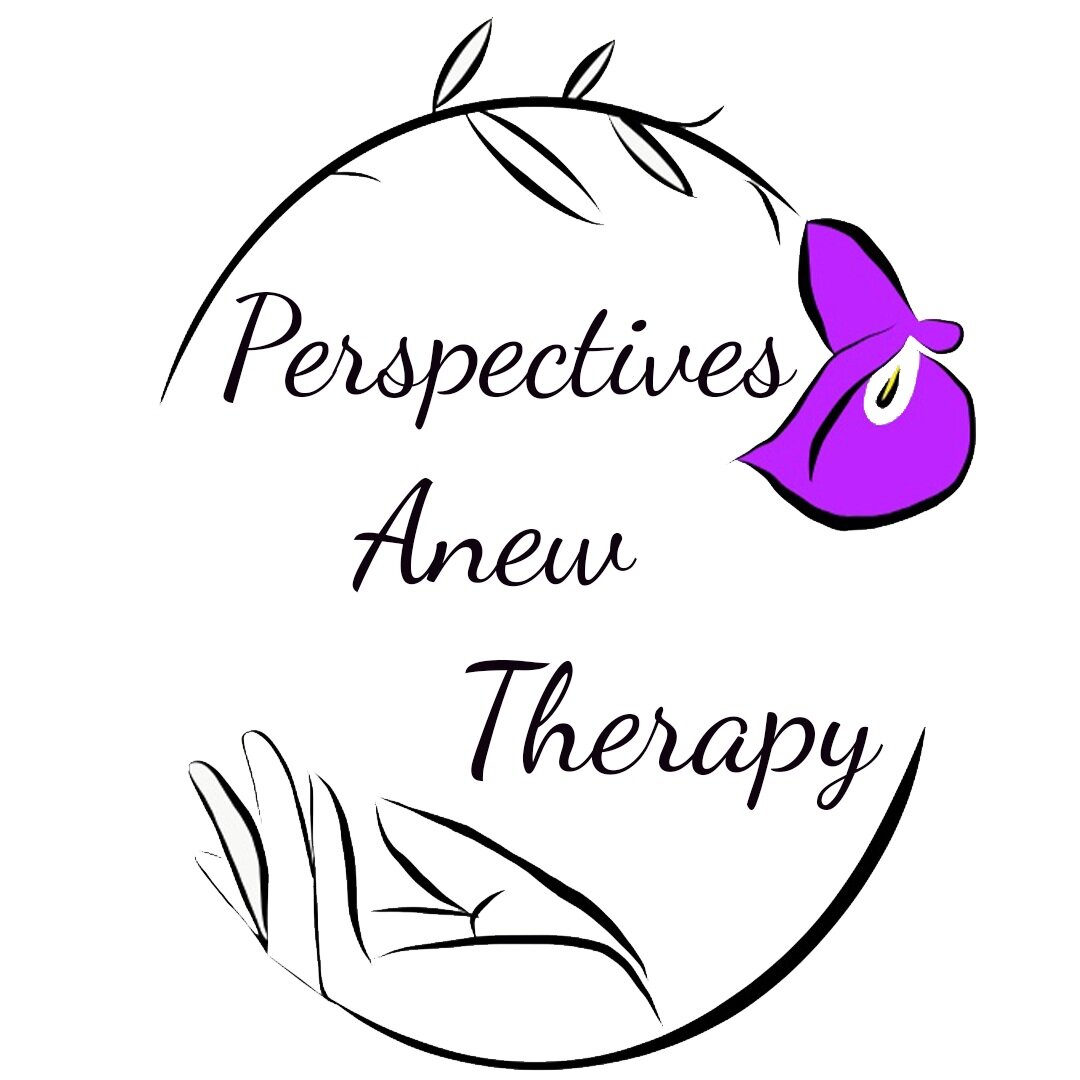Bottling Up Emotions
Bottling up emotions is a term used to describe when people do not express how they feel in order to avoid appearing weak, avoid confrontation, or they just simply don’t wish to share how they feel. When we bottle up our emotions it’s like we have just brought a huge pot of water to a boil and left the lid on without letting there be any release. Repressing feelings has negative impacts on both physical and mental health such as disrupting the normal functioning of the stress hormones called cortisol. When the functioning of cortisol is not how it should be it can cause a weakened immune system and increase the risk of developing a chronic illness.
Consistently bottling up emotions will cause feelings of worriedness and anxiety on a day-to-day basis because the emotions exist and will show themselves in other ways. People will also start to use unhealthy coping mechanisms such as substance abuse, lashing out at loved ones, drinking, and other self-destructive behaviors. When extreme emotions are being repressed it can cause the individual to harm themselves or have suicidal thoughts because the emotions feel like too much to handle. There can also be changes in appetite and frequent headaches due to repressed emotional pain manifesting into physical pain. Those who have a history of bottling up emotions may also find themselves unable to express emotions later in life or overreact to everything because they are unsure of how to properly react to stress.
Learning how to stop bottling emotions can be a difficult task, but the reward for doing so is monumental. When working on ending this cycle of repression, try to learn the cause of your negative emotions in order to properly deal with it. Ask yourself questions such as “What am I feeling?,” “When did this start?,” and “Do these feelings take over most of my day?”. Keeping track of your emotions in a journal will help you identify trends while also benefiting from the act of journaling itself. Taking care of your physical health and talking to someone, whether it be a therapist or friend, can also help to end the habit of bottling up negative emotions.
Source: Kentucky Counseling Center
